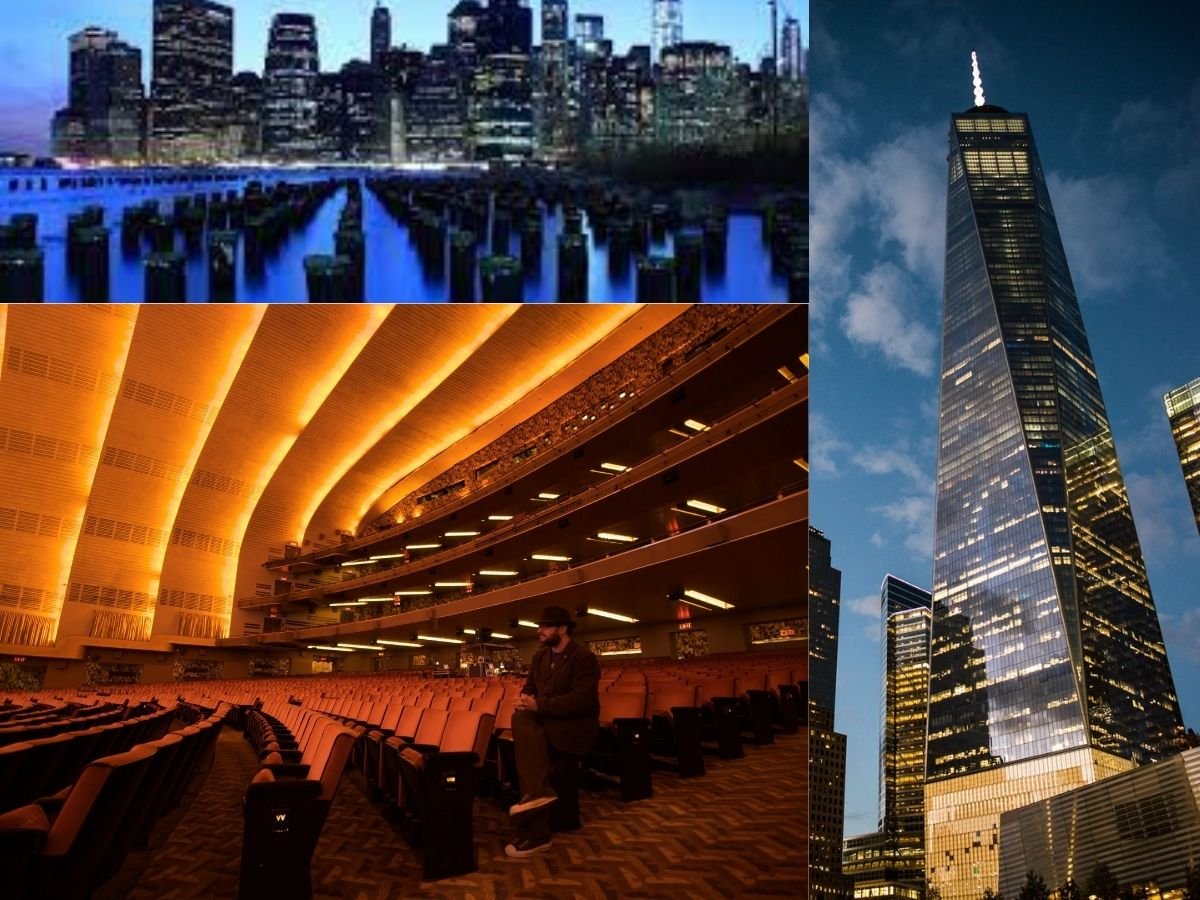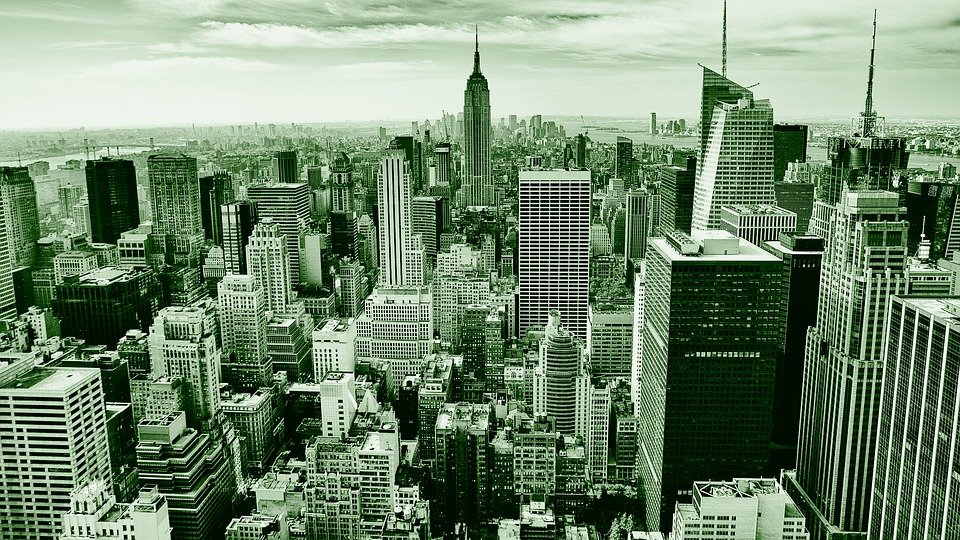In an effort to combat skin cancer, Randall’s Island Park is becoming the first park to install sunscreen dispensers. Skin cancer has been on the rise, and with many cases coming from the sun, it’s no surprise that dermatologists are recommending more than ever to use sunscreen. With many simply forgetting or don’t care enough to bring it in order to get a tan, it has come to the attention of New York City that something should be done in order to fight the spread of skin cancer.
Randall’s Island Park alliance announced Monday that it will be New York City’s first park to install sunscreen dispensers. This will make it more easily accessible and free to people whom forgot or cannot get access to sunscreen. 25 sunscreen dispensers will be installed throughout the park.
The Randall’s Island Park Alliance teamed up with the melanoma foundation of New England, and California-based company Bright Guard, to give New Yorker’s the opportunity for these free sunscreen dispensers.
The dispensers will run through a test, in order words, a pilot program conducted from Labor Day to November. If this pilot program is successful, the dispensers could potentially be expanded in more places in the park, and hopefully, be placed in more parks throughout New York City. In cities such as Boston and West Palm Beach, test runs were successful.
The sunscreen is not only a source in providing skin with protection from the sun’s powerful UV rays, but it also carries healthy ingredients, with mineral based active ingredients in all the sunscreens. The dispensers will have a sensor, unbreakable mirrors, high capacity for 1000 refills and battery power. All of this will be provided by Bright Guard in efforts to promote a safe lifestyle in the sun.
3.5 million people visit Randalls Island Park each year, with 700,000 children using the sports fields and being exposed to the sun. The park is keeping up with its hopes in order to promote a healthy skin lifestyle, especially to children of young age.
With Summer coming to a close, though, the park has high hopes for the test run to work out in order for next year, when the sun starts heating up again, give thousands of visitors some extra protection, and possibly lower the number of skin cancer cases.
Featured Image via Wikipedia











































